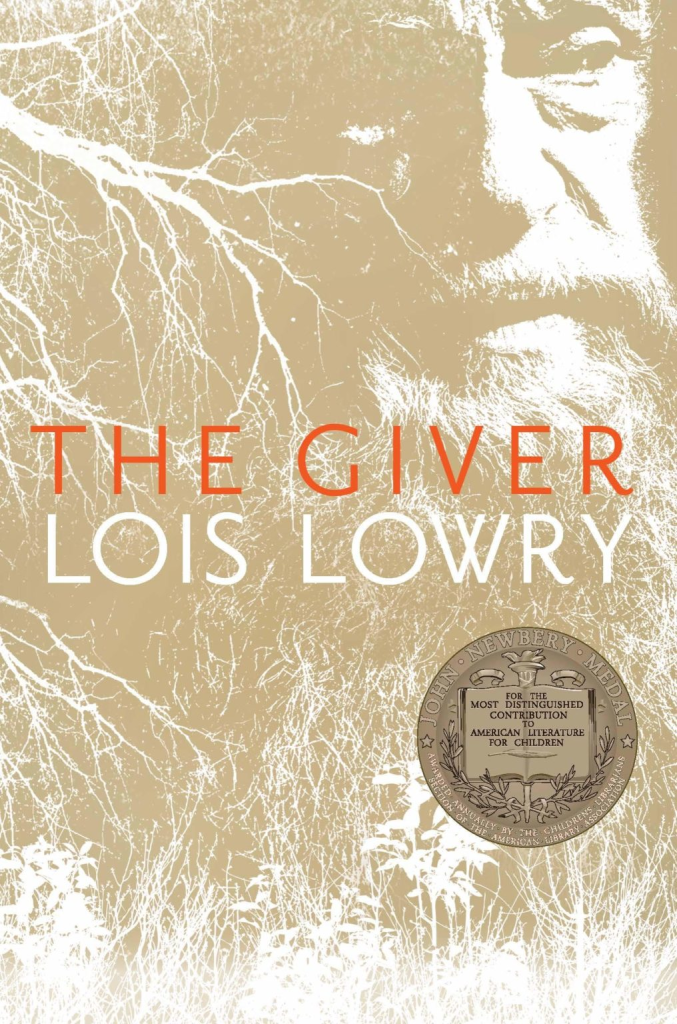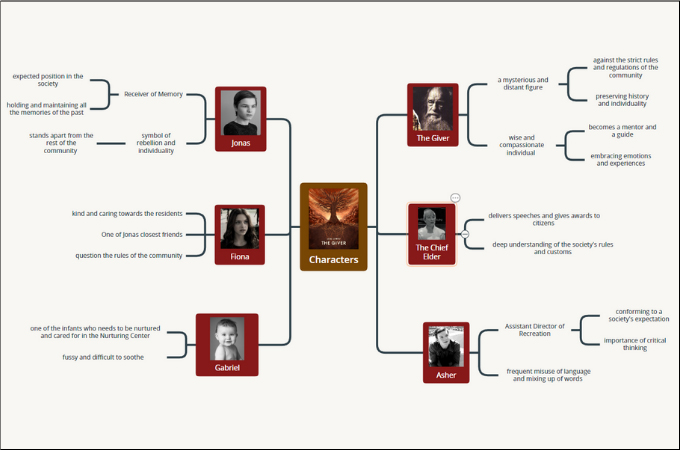湖北省博物馆 https://azspace.oss-cn-beijing.aliyuncs.com/%E6% […]
Read More...In what ways does the language
impact the way we view the world?

Lois Lowry’s The Giver described a “perfectly operated” community where residents are well arranged and managed. While reading the book, there are always questions showing up in our mind: Why can’t people discuss colors and feelings? Why are they so unfamiliar with common words like snow and birds? The answer to all these above is language. The administrator controls how residents view the community they live in by limiting the daily language they use. The present article will discuss how language influences our perceptions, moral compasses, emotional depths, memories, and imaginations when viewing the world by using some facts in the novel.
Language can influence people’s perceptions of the world.
Language is a determinant of how we interpret and understand the world around us. For instance, since some words to describe colors in the community are limited, residents can’t tell colors. When generations of infants grow up without the concept of color, the community’s people lose their sense of color perception. The concepts of color were preserved in the brain of the Receiver forever. It is obvious that their perception of the world is greatly influenced by language.
Language can set one’s moral compass.
Language sets a moral framework for people in making decisions and adjusting their behavior. For example, the community’s language does not include words that can describe the morality of an action, such as the release of the elderly or infants who do not meet their standards. Because they don’t discuss them daily, the release gradually becomes normal among the residents. Their reaction indicates that the residents’ moral compass about certain actions was set by the language they use in daily life.
Language and memories reinforce each other.
Language is essential for the retention, transmission, and sharing of memories. In The Giver, Jonas learns words by experiencing memories and remembers the meaning of words by recalling memories. When Jonas is selected as the Receiver of Memory, the first piece of memory he experienced was about sled and snow. Then, the word snow and sled came into his brain at once. Later, as Jonas and Gabriel are escaping from the community, he uses the word snow to evoke memories of coldness. This strategy makes both of them chilly and shiver, which helps them escape from untarred detector. The above example shows exactly how language and memories support each other.
Language can limit one’s emotional depth.
The complexity of a language is directly related to the richness of expression available to its speakers for conveying emotions. In the novel, the community’s language lacks words for nuanced motions, leading to a society where only superficial emotional exchanges are possible. When Jonas learns the word love, he begins to feel emotions that were inaccessible to him previously. When Jonas asked his parents whether they loved him, his parents laughed and told him to ask questions more precisely like “Do you take pride in me?”. The difference between Jonas and his parents highlights the impact of language on the depth of human emotion.
Language can block people’s imagination.
A limited language can inhibit creative thoughts and imagination. Take the residents in the community for example. Due to their lack of words, residents know nothing and can’t even picture the look of the world outside. However, after receiving large amounts of memories, Jonas forms the idea of running away and he escapes from the community successfully. This demonstrates that language is not just a reflection of reality but also determines what ideas we can come up with. A limited language is a cage for the ability to think beyond the familiar.

The Giver gives countless examples of how language shapes our perceptions, moral compasses, emotional depths, memories, and imaginations. It shows how language can affect our reality. The power of language to shape our world is a lesson that can be inferred from every sentence of The Giver, reminding us of the importance of valuing and preserving linguistic diversity for the enrichment of our lives. The impact of language on how we view the world is infinite.

Share this passage

More...
READING | Happiness Is a State of Mind
Happiness Is a State of Mind You know how to be happy, […]
Read More...

